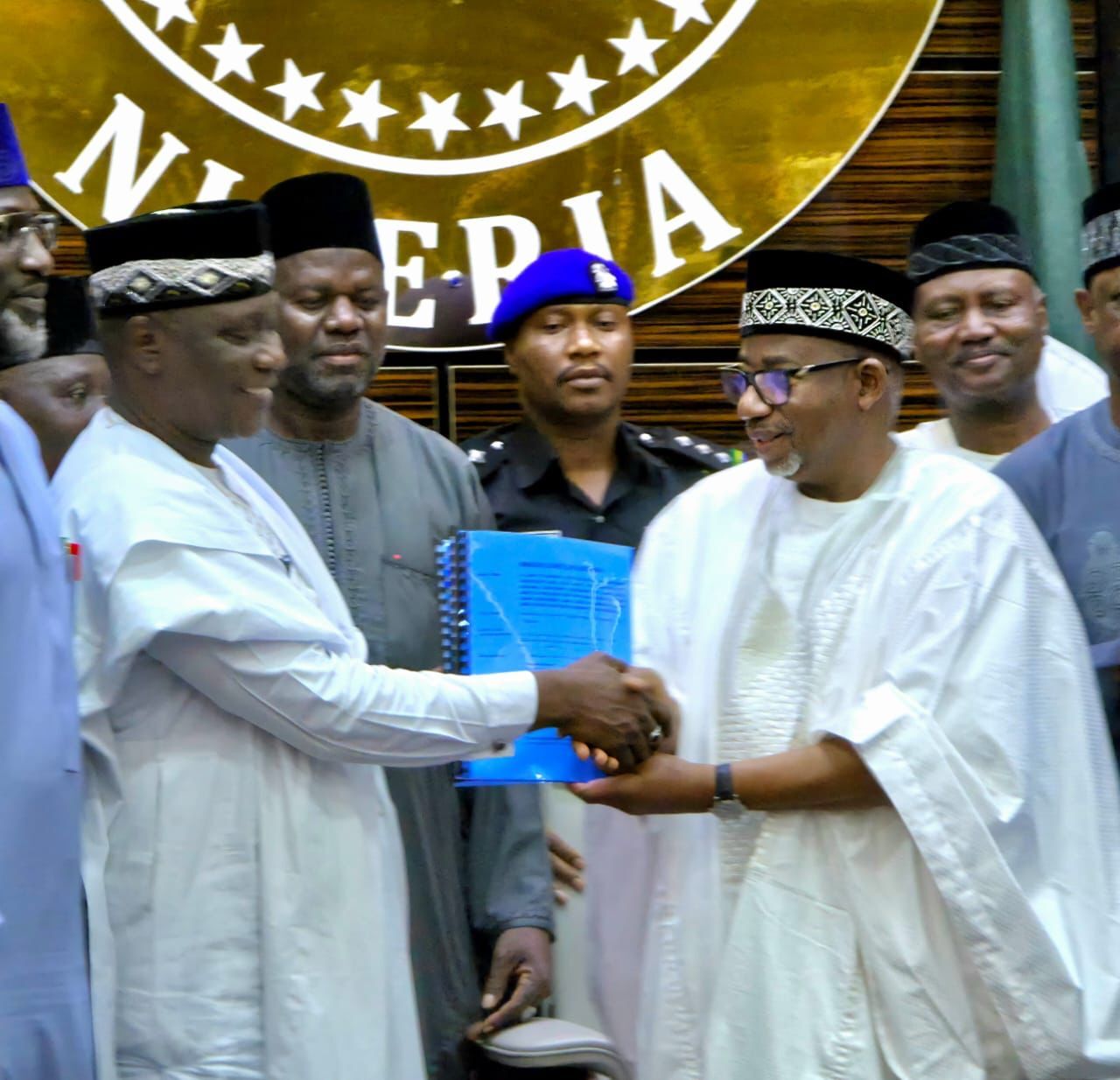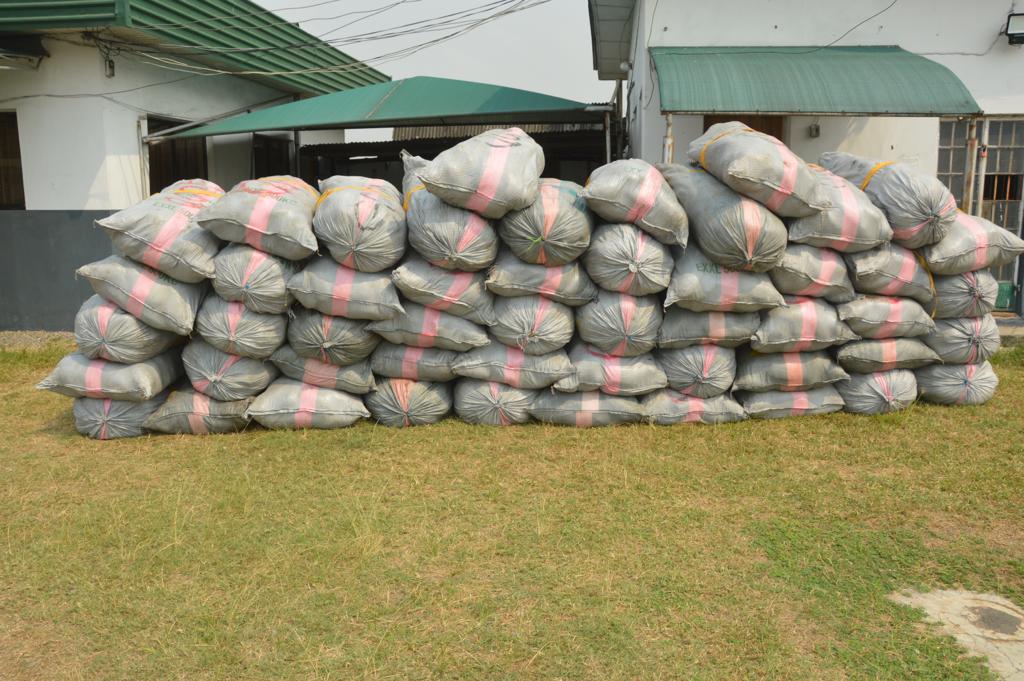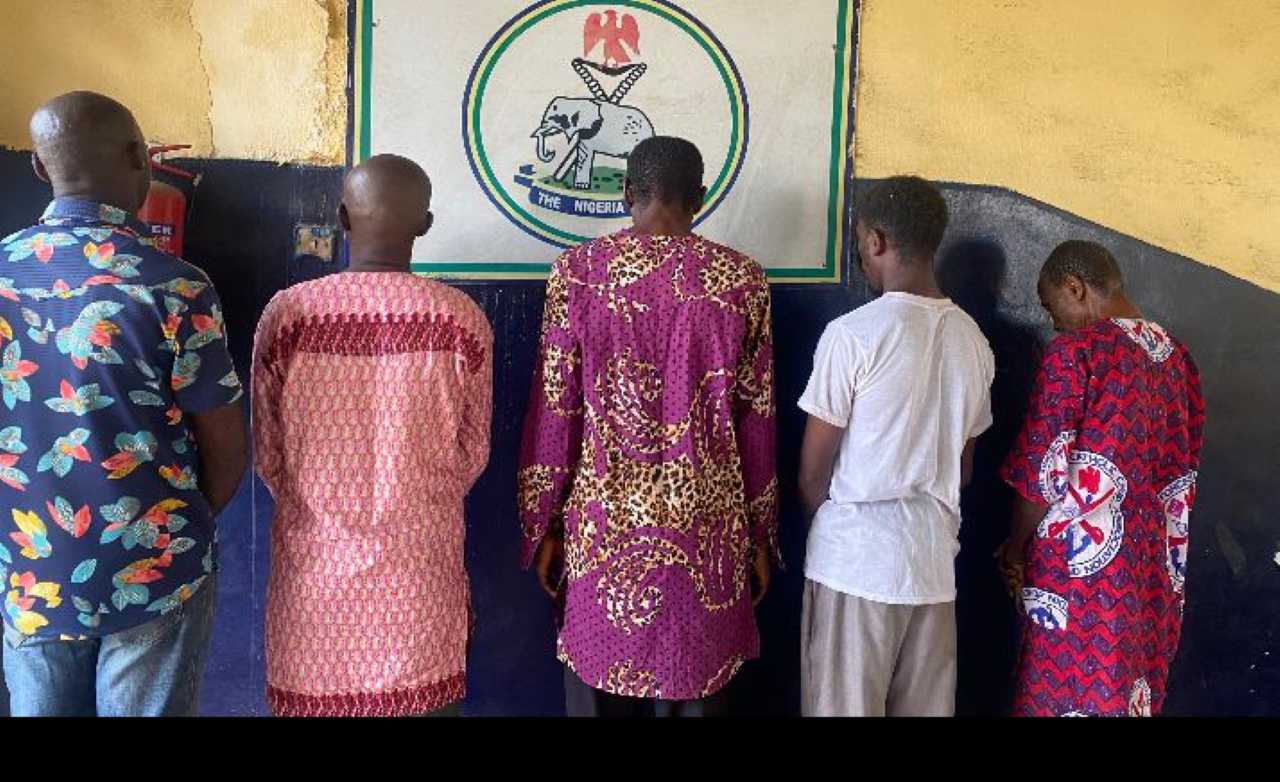Governor Bala Mohammed of Bauchi State on Tuesday assented to laws creating 13 fresh emirates and one chiefdom in addition to the existing six emirates.
The new emirates include Burra emirate at Burra, Danbam at Danbam, Darazo at Darazo, Duguri at Yuli, Gamawa at Gamawa, Giade at Giade, Toro at Toro, Warji at Katangar Warji, Lere at Lere, Jama’a at Nabordo, Lame at Gumau, Ari at Gadar Maiwa, and Bununu at Bununu. At the same time, Zaar Chiefdom will be situated at Mrim.
The governor directed the State Attorney General and the Secretary of the State Government to gazette and publish the law and distribute it to the relevant authorities immediately. The governor warned that anyone who intends to cause chaos or disrupt the peace after his assent to the law would be dealt with in accordance with the law.
“The security agencies present here have been fully empowered to act decisively in maintaining peace and order.
“Furthermore, any government official or traditional leader who has contrary views on this reform or engages in conduct capable of undermining this assent will face appropriate disciplinary action. Leadership is from God, and we will all account for what we are here to do,” he said.
Explaining his reasons for the reform, Mohammed said that the move would improve grassroots governance and attract development to local communities, empowering communities with stronger voices in decision-making.
“It will address perceived injustices and foster unity among diverse groups; recognise cultural heritage and promote inclusivity. It will blend traditional leadership with modern governance, ensuring the institution remains a relevant partner in development, peace, and progress.
“It will increase revenue generation at the local level, which will be used for developmental projects in those local communities. It will enhance and improve our data collection and indices, which are critical in determining the amount allocated to states and local governments in the allocation of resources and interventions by Donors and International Organisations.
“This reform is not an act of politics, but of policy; not a reward for loyalty, but a recognition of merit and necessity,” he said.
He described the process of the reform as one of the “most consultative and transparent ever undertaken in our state. The Hamza Koshe Akuyam Committee, composed of distinguished citizens and supported by experts, received hundreds of memoranda from communities across the 20 LGAs.
“They conducted public hearings, invited presentations, and even visited other states to study their experiences.
The committee developed clear criteria for assessing each request, taking into account history, population, social cohesion, and economic viability.”






